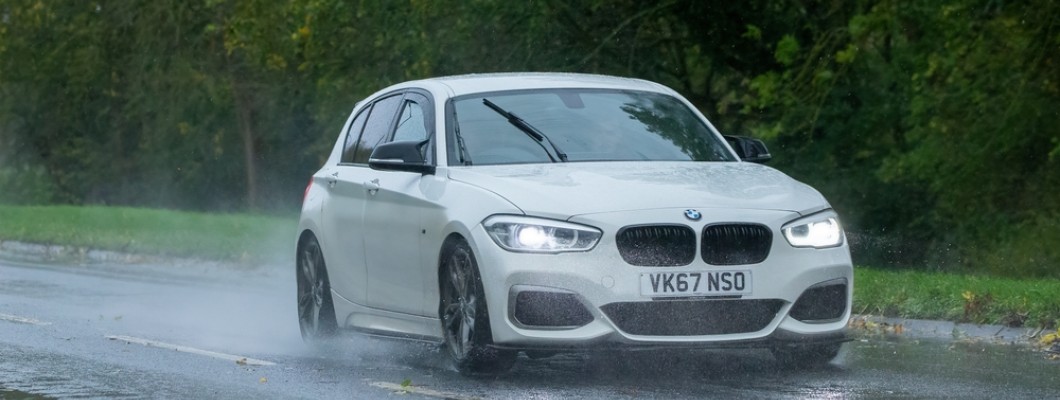
The 1
Series first arrived in 2004, taking BMW's compact segment baton from the
much-loved but ageing 3 Series Compact. BMW billed it as a sporty and practical
new entry point into the lineup.
Nearly 20 years later, these zippy compacts still deliver
that signature BMW driving thrill at a more affordable price. However, with
BMW's big electrification push, the future of the 1 Series is in doubt. So,
where do things stand?
The
Current State of Affairs
BMW ruffled some feathers with their latest 1 Series,
shifting it to a front-wheel-drive platform instead of the traditional
rear-drive setup – basically to save money. Hardcore fans scoffed, but the
upside is improved interior spaciousness.
Even with power routed forward, the 1 Series is still an
absolute riot to pilot. Precision steering and expertly tuned suspension give
it sharp reflexes and crisp cornering. The boosted 3- and 4-cylinder engines
also provide willing punch at any speed. The hot rod M135i proves the point,
packing a stout 306 horsepower.
Sure, the tyres being driven may have moved to the front
now, but that quintessential BMW driving engagement is still present in spades.
And in flexible 5-door hatchback guise, the practical 1 Series embraces its
role as the most accessible gateway into owning a new BMW.
An
Electric Future
The 1 Series remains vital to BMW's plans, as board member
Ilka Horstmeier's recent remarks affirmed. Even as the current generation
continues offering petrol-powered practicality and performance, an
electric successor looks probable in the coming years.
Using a dedicated EV platform shared with Mini and other BMW
models, an electric 1 Series could retain the model's hatchback body style and
performance ethos while benefiting from instant torque and quiet,
emissions-free motoring.
With models like the iX1 and iX2 paving the way, the
technology exists at BMW for a compact EV hatchback. An electric future for the
1 Series seems bright.
The i1
Cometh?
As BMW rolls out its "i" sub-brand of electric
vehicles even more rapidly in the coming years, it would logically slot an
electric 1 Series successor into the i1 nameplate. Such a car would likely
share components with the next generation iX1, iX2, and electric Mini models.
The i1 could launch in the late 2020s alongside the next
wave of BMW EVs, poised to battle electric compacts from Audi, Mercedes-Benz
and more. Like today's sporty and fun-to-drive 1 Series, BMW will imbue the i1
with athletic handling and engaging character.
The
Ultimate Electric Driving Machine
While the idea of a front-wheel drive 1 Series had purists
grumbling not long ago, an all-electric successor could quash those complaints.
Packaging an electric motor and batteries into a compact hatchback body nicely
sends power to the front wheels while centralising weight for ideal handling.
Range, charging speed, and affordability will be paramount, but knowing BMW,
such attributes won't get in the way of the i1 being engaging to drive.
When it debuts before 2030 with a futuristic design and the
latest technology, the new i1 EV hatchback will uphold the BMW 1 Series
tradition, delighting driving enthusiasts. And for those unconvinced, there’s
still the classic petrol and diesel models.
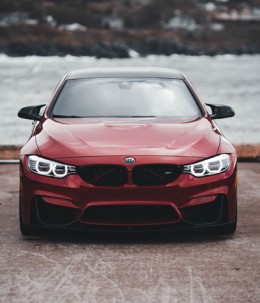

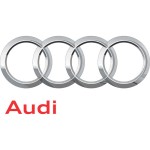

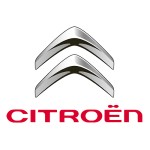

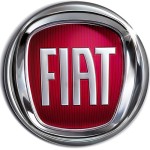
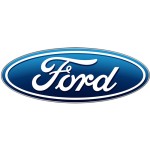



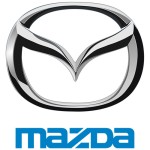



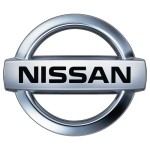

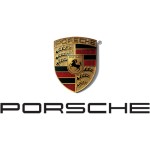



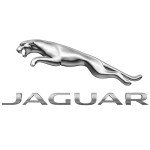

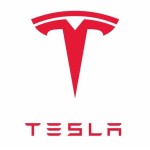


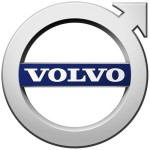

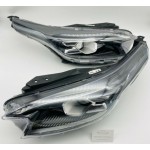
Leave a Comment